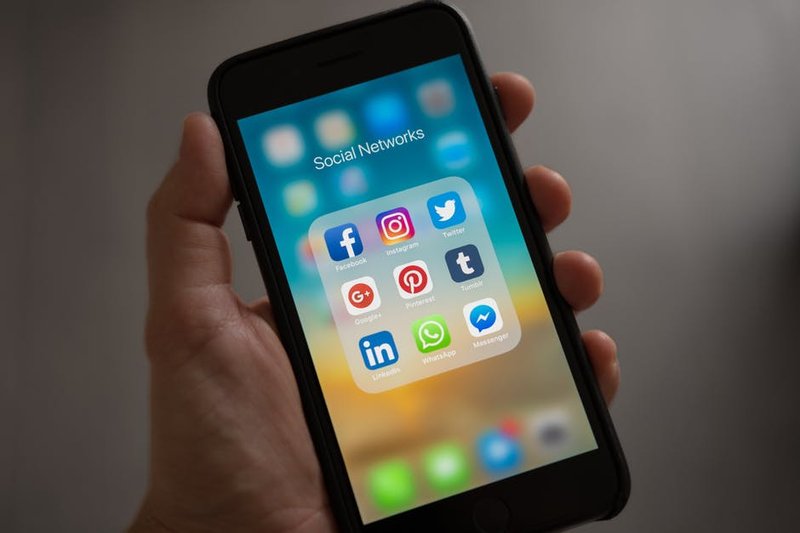#SocialMediaTuesday: Video evidence of mob mentality
Updated | By Verlie Oosthuizen
This past weekend saw the
awful incident of vandalism and public violence at the Moses Mabhida Stadium
following a football match. The scenes
were captured on mobile phones and quickly posted online.

Take a listen to the podcast, then read the blog below:
People will often ask whether that type of video footage can be used in a court case and whether it will be sufficient evidence. The answer is… it depends! Usually, the person that took the video will be required to give evidence in court to explain how the video was taken and unless the opposing side agrees, the “cameraman” and possibly, technical experts, will need to prove the video is legitimate.
When people are taking videos of misconduct it is always a good idea to take the video to the law enforcement agents first, before online dissemination takes place. Sometimes it is not a good idea to post that kind of content in the social media sphere and presumably, you want the “criminals” to be brought to account, not just “name and shame” them.
It is clear that the “mob mentality” that was displayed in the football ground on Saturday is quite similar to the type of behaviour displayed on social media. “Mob mentality” is a psychological phenomenon that has been studied by social psychologists and can explain situations when groups commit violent acts spurred on by one another.
The people in the group become less self-aware and are carried away by the actions of the group. We saw a physical example of this at Moses Mabhida and then a social media example of this in the comments that followed online about the situation for many hours afterwards. Do not forget that the same laws that apply to the real world apply in social media. Think before you post.
VERLIE OOSTHUIZEN
Shepstone & Wylie Social Media Law Department
Show's Stories
-
Meta's AI goes viral for speaking about imaginary kid in parenting group
Meta's "super-intelligent" AI assistant has made waves after pretending ...
Stacey & J Sbu 9 hours ago -
Ring on hold: Amelia's debt dilemma
Amelia's boyfriend wants her debt-free before a proposal. We hope we can...
Stacey & J Sbu 9 hours ago